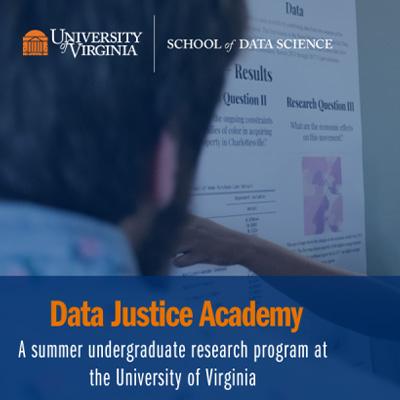
PIT Partners

The Data Justice Academy is an immersive residential experience for undergraduate students from groups historically underrepresented in data science. The summer program welcomes a cohort of students to the University of Virginia to participate in nine weeks of mentored research, technical skills training, and professional development.

The equity center grows out of many years of social justice advocacy in Charlottesville and the surrounding region, and the groundbreaking work of organizations like UCare that have worked tirelessly to call on our university to redress racism in the local community.
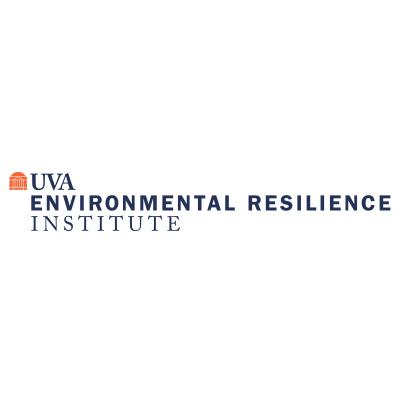
The Institute supports trans-disciplinary research and training at the intersection of environmental change and human well-being by connecting faculty, students, and citizens together to foster a more resilient and sustainable future for the global common good.
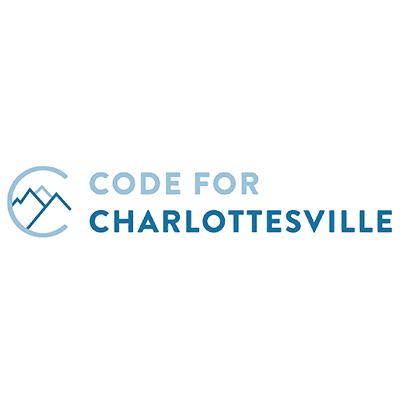
Code for Charlottesville brings together coders, designers, data analysts, researchers, and community partners to work on projects with local nonprofits and governmental agencies.
We are a local chapter of Code for America, a national nonprofit dedicated to civic tech and volunteerism.
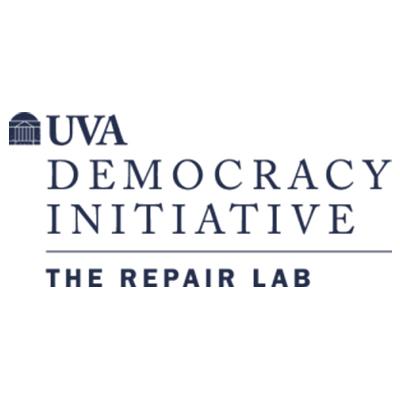
Racial injustice and climate change are the two most urgent challenges facing democracies today. The Repair Lab seeks to understand the relationship between the two, and deepen our understanding of the causes, consequences, and countermeasures of environmental and climate injustice locally and around the world.
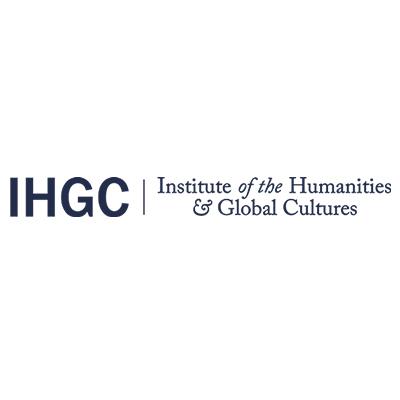
The Humanities Informatics Lab at UVA brings together scholars who study the relationship between human culture and technology and explore the management, control, and flow of information. This interdisciplinary endeavor uses contemporary and historic contexts to ask questions that explore the intellectual and cultural histories of information, as well as to consider how structures of information shape knowledge and values within society. What does it mean to be human in the age of information? How has technology shifted the contours of human society?
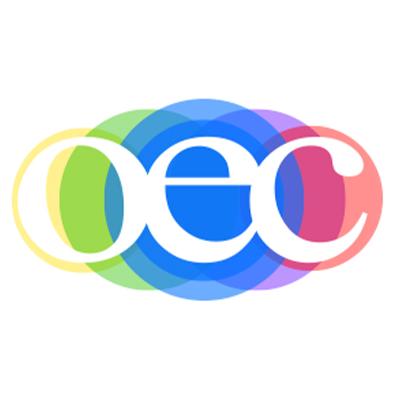
The OEC mission is to: provide engineers, scientists, faculty, and students with resources for understanding and addressing ethically significant issues that arise in scientific and engineering practice and from the developments of science and engineering; and serve those who promote learning and advance understanding of responsible research and practice in engineering, science, and social sciences.
